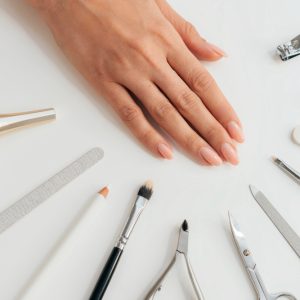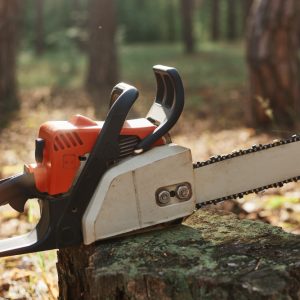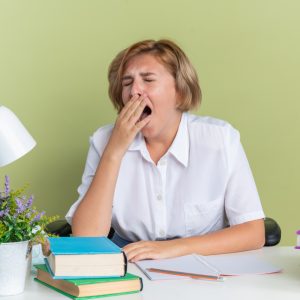Hair, often referred to as the crown of one’s beauty, holds a special place in our appearance and self-esteem. However, the distressing issue of hair fall can unravel confidence and cause concern. In this article, we delve into the complex factors contributing to hair fall, explore the science behind it, and provide practical remedies to address this common concern.
The Science of Hair Growth and Loss
Understanding the natural cycle of hair growth and loss is essential. Hair goes through a cycle of growth, rest, and shedding, with each hair strand having its timeline. Factors like genetics, hormones, and aging influence this cycle, determining the density and thickness of our locks.
Common Culprits of Hair Fall
Numerous factors can trigger hair fall, ranging from internal health issues to external stressors. Hormonal imbalances, poor nutrition, medical conditions like alopecia, and even certain medications can contribute to hair loss. External factors like excessive styling, heat, and chemical treatments can also take a toll on the health of your hair.
The Role of Genetics
Genetics play a significant role in determining whether you’ll experience hair fall. If hair loss runs in your family, you’re more likely to be predisposed to it. Understanding your genetic predisposition can help you better manage and prevent hair fall.
Hormones and Hair Health
Hormonal changes, such as those occurring during pregnancy, childbirth, menopause, and thyroid disorders, can lead to temporary or permanent hair loss. Addressing the underlying hormonal imbalance is crucial to managing hair fall.
Nutritional Deficiencies
A balanced diet rich in vitamins, minerals, and proteins is essential for healthy hair growth. Deficiencies in nutrients like iron, zinc, biotin, and vitamin D can contribute to hair fall. Incorporating a nutrient-rich diet or supplements can help combat this issue.
Stress and Hair Fall
Stress, whether physical or emotional, can disrupt the hair growth cycle. Chronic stress can push hair follicles into a resting phase, leading to shedding. Practicing stress management techniques such as meditation, exercise, and relaxation can positively impact hair health.
Effective Remedies and Prevention
Addressing hair fall requires a holistic approach that tackles both internal and external factors. Consult a dermatologist to determine the root cause of your hair fall and receive personalized recommendations. In addition, consider the following remedies and prevention strategies:
- Gentle Hair Care: Avoid aggressive brushing, tight hairstyles, and excessive heat styling. Opt for a gentle hair care routine that includes regular shampooing, conditioning, and moisturizing.
- Balanced Diet: Prioritize a diet rich in proteins, vitamins, and minerals. Incorporate foods like lean meats, eggs, fish, nuts, fruits, and vegetables.
- Scalp Health: Maintain a clean and healthy scalp by using mild shampoos, avoiding harsh chemicals, and gently massaging your scalp to improve blood circulation.
- Supplements: If recommended by a healthcare professional, consider supplements like biotin, iron, and zinc to address specific nutrient deficiencies.
- Stress Management: Practice stress-relief techniques such as meditation, yoga, deep breathing, and regular exercise to minimize the impact of stress on hair health.
Seeking Professional Help
If hair fall persists despite your efforts, consulting a dermatologist or trichologist is advisable. These specialists can conduct thorough assessments, diagnose underlying issues, and provide tailored treatment plans, including medications, topical treatments, or advanced procedures like hair transplant.
Nurturing Your Tresses
In conclusion, understanding the multifaceted causes of hair fall empowers you to take proactive steps toward hair health. By addressing factors like genetics, hormones, nutrition, and stress, you can effectively manage hair fall and promote regrowth. Embracing a holistic approach to hair care, along with seeking professional guidance when needed, ensures that your locks remain a vibrant symbol of your well-being and self-confidence. Remember, nurturing your tresses is not just about appearance; it’s a reflection of your overall health and vitality.









